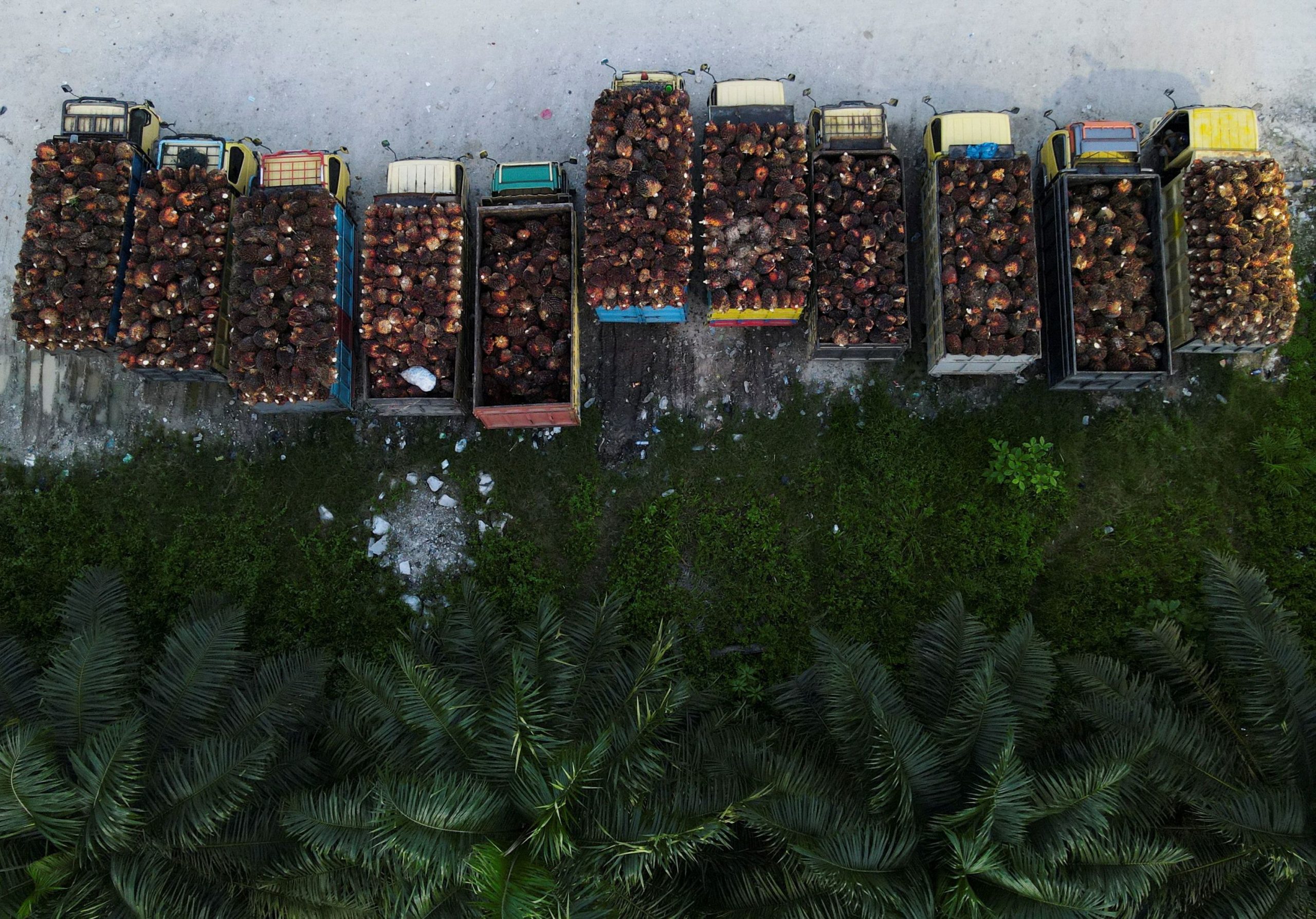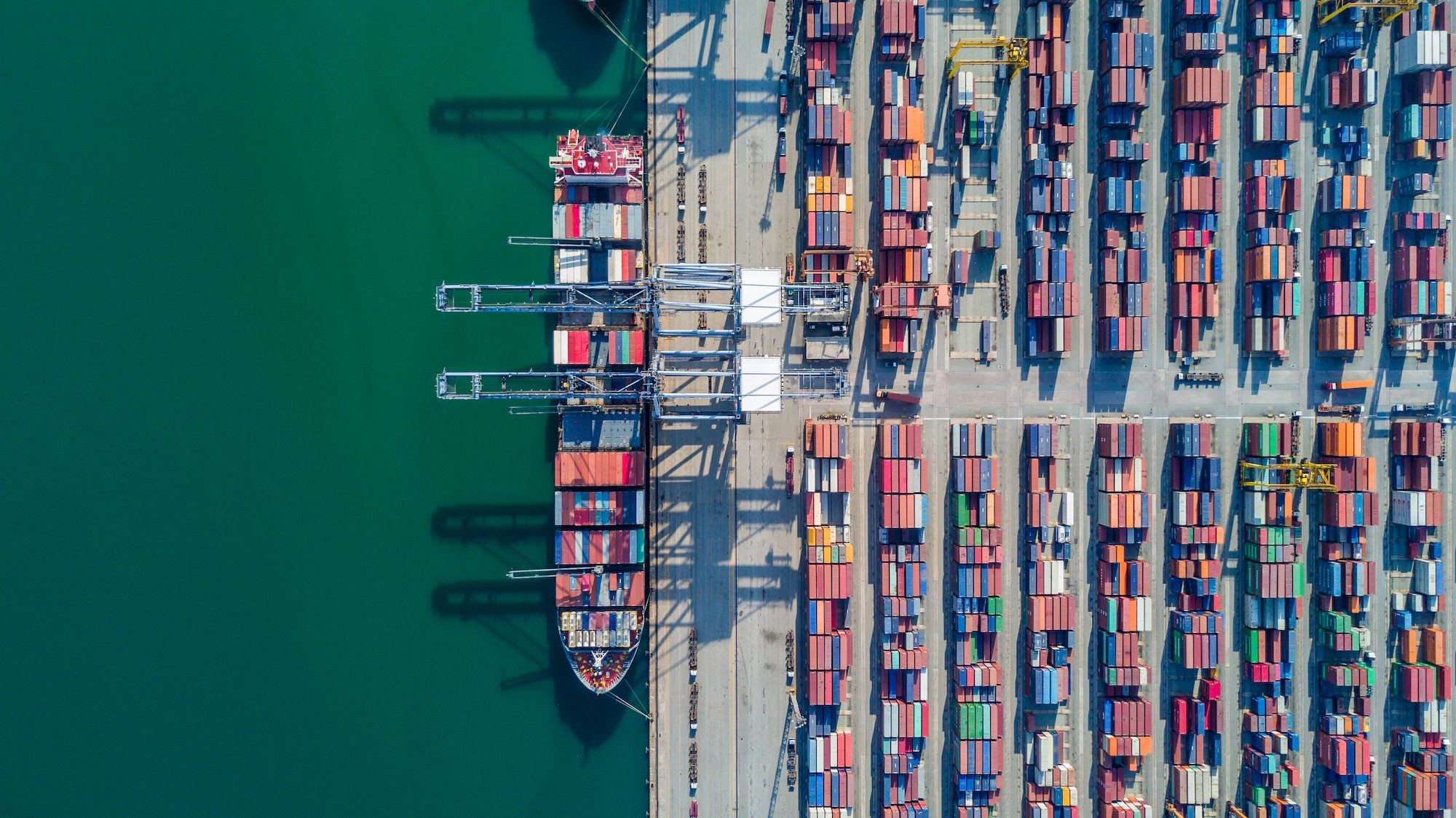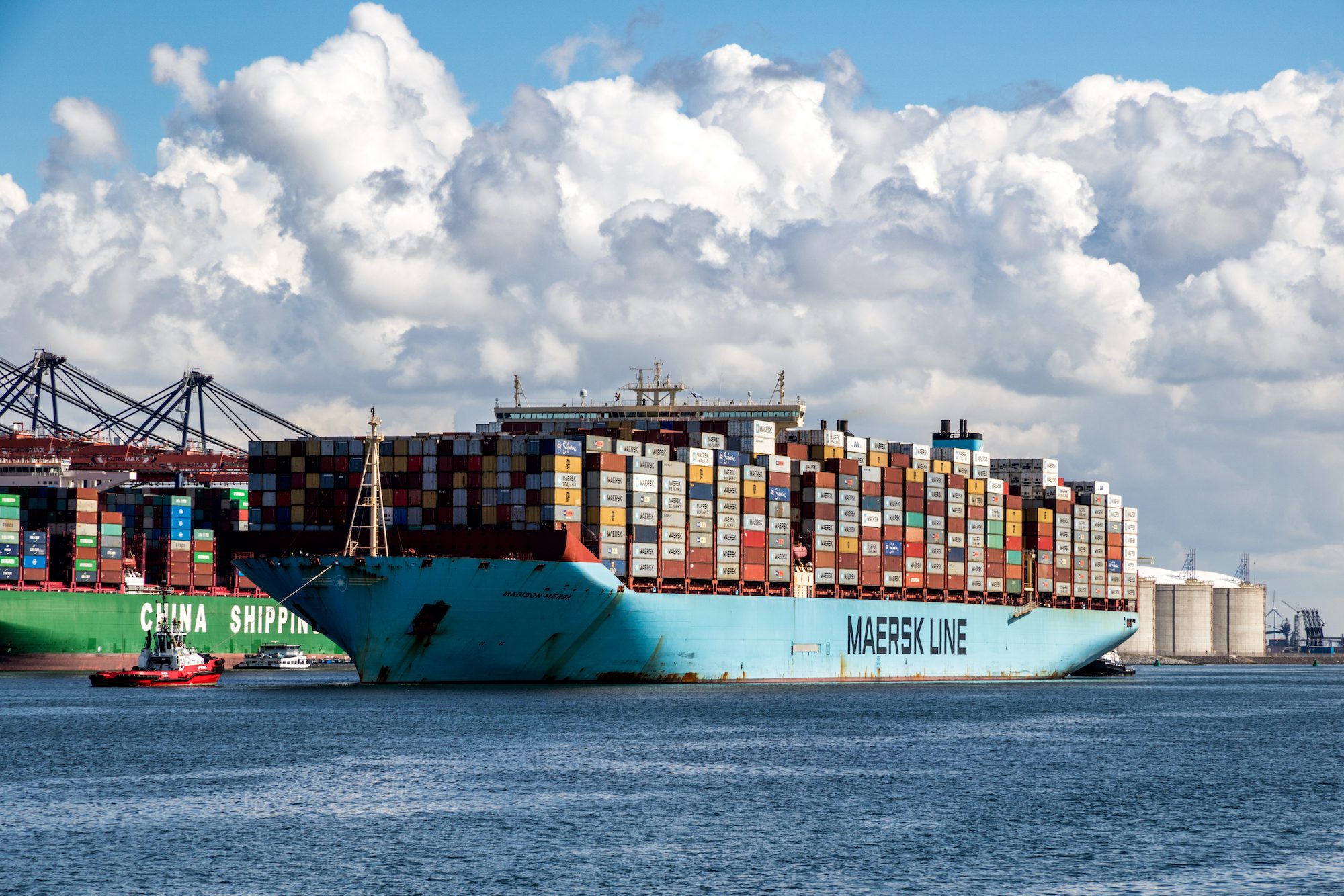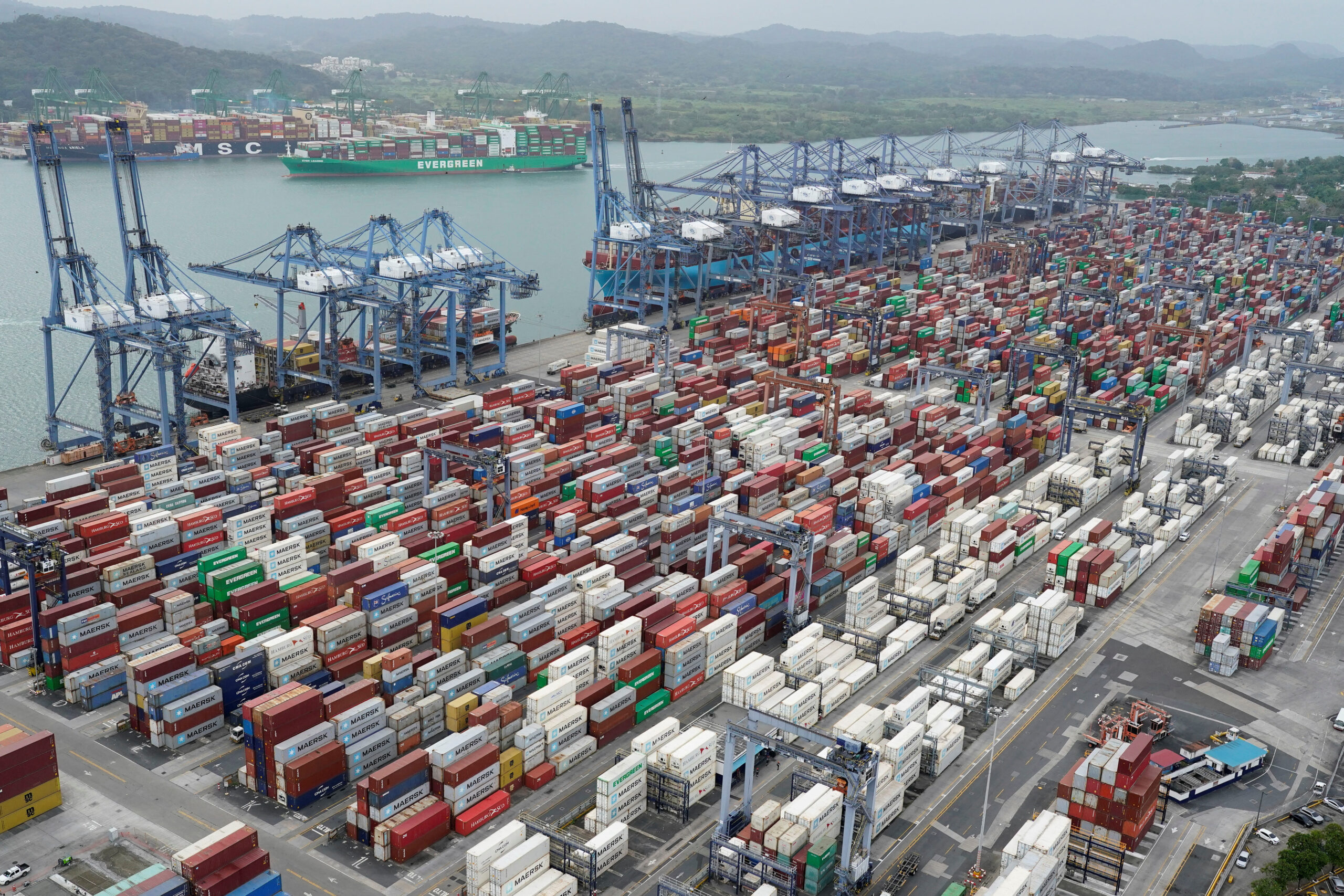By Anuradha Raghu (Bloomberg) Indonesia’s palm oil export ban kicked off Thursday in one of the most drastic cases of food protectionism since the war erupted in Ukraine. The top shipper imposed a sweeping ban on cooking oil exports, covering palm oil products across the value chain. It’s hard to overstate the importance of the tropical oil as it’s found everywhere today — in food, soap, lipstick, and even printing ink — which makes Indonesia’s move important for the world.
The move adds to the impact of Russia’s invasion of Ukraine, which plunged the global edible oil market into disarray. With food costs surging to all-time highs, governments are taking steps to secure their own supplies. The United Nations has urged leaders to keep trade open, warning that protectionism will drive up prices and lead to empty shelves in countries dependent on imports.
In a move illustrating the country’s determination to enforce the ban, the Navy said it detained two tankers carrying palm oil heading to India and the United Arab Emirates for alleged violation of export controls. The Navy will increase monitoring and security in the country’s waters to prevent smuggling.
Indonesia’s export ban is “inflationary for everyone,” said Atul Chaturvedi, president of the Solvent Extractors’ Association of India. India is the top importer of palm oil and gets about 45% of its supply from the Southeast Asian country. “If the supply chain is disrupted, companies will try to ration their supplies because they don’t know what’s going to happen tomorrow.”
Also Read: Indonesia Suspends Coal Exports To Secure Domestic Power Supply
The country is certainly not making it easy to navigate its palm export ban. The top producer said Friday it would suspend all shipments of cooking oil, sending prices of palm and its substitute soyoil soaring. Then late Monday, reports emerged that only palm olein, a refined product, would be halted, prompting a swift retreat in prices and traders rushing to comply with the ban.
The government delivered another shock Wednesday evening, widening the ban to include crude palm oil, RBD palm oil and even used cooking oil, contradicting its earlier statement. That covers the products across the entire supply chain. Indonesia accounts for about a third of global edible oil exports.
The move is “one of the biggest acts of agriculture nationalism so far during this surge in food prices,” said Tobin Gorey, an agri-commodities strategist at Commonwealth Bank of Australia.
Palm oil futures dropped 1.1% to close at 6,910 ringgit ($1,583) a ton on Thursday, paring gains this week. Prices jumped by the 10% trading limit a day earlier, hours before Indonesia announced the widened export ban.
President Joko Widodo said late Wednesday that the ban would be lifted once the local demand for food staples is met, adding that it was “ironic” that the country had difficulty getting cooking oil. The decision to ban exports came after earlier policies weren’t effective in easing the shortage, he said.
It is uncertain if the ban will have the desired effect. The government acknowledged that the policy may cut the country’s palm output and result in unsold harvests for farmers. There are also concerns about when Indonesian producers will run out of capacity to store the oil they can no longer export.
“With this hard stance, the government is punishing errant refiners by punishing the whole Indonesian plantation industry,” RHB Research analyst Hoe Lee Leng wrote in a note. “All players in Indonesia would likely suffer, although pure upstream exporters would likely suffer more.”
Related Book: The World for Sale: Money, Power and the Traders Who Barter the Earth’s Resources by Javier Blas
By Anuradha Raghu, Pratik Parija and Eko Listiyorini © 2022 Bloomberg L.P.

 Join The Club
Join The Club











